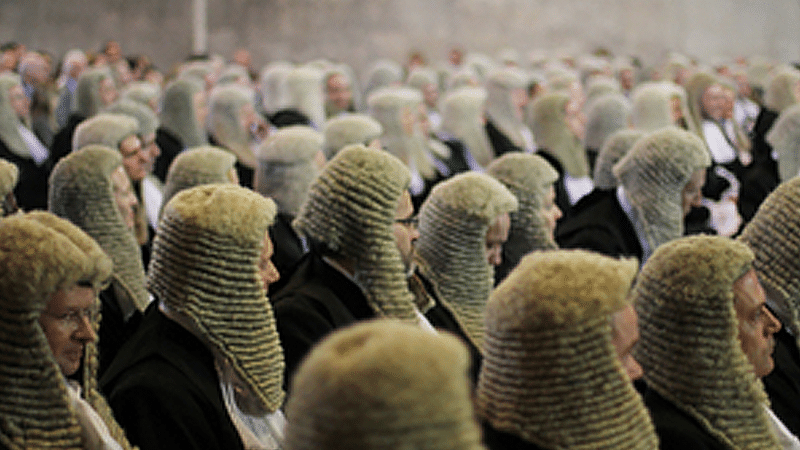The Scottish Government’s hate crime Bill “directly interferes with freedom of expression”, several top lawyers have warned.
In three separate letters sent to The Times, QCs Anthony Hudson, Kevin Drummond, and Lord Menzies Campbell, the former leader of the Liberal Democrats, all strongly criticised the way the Hate Crime and Public Order (Scotland) Bill is worded, and shared their concerns over the legal implications it carries if passed.
The Bill is set to criminalise words or behaviour perceived as “abusive” against particular groups. Unlike similar hate crime legislation in England and Wales, the Bill does not contain sufficient free speech clauses.
‘Individual freedom’
Mr Hudson QC stressed that the evidence around the world shows that “criminalising the things people think and say does not produce community cohesion but more often leads to division and resentment”.
He added: “More laws and stricter laws are rarely, if ever, the solution to the problem of ‘hate speech’. As Barack Obama said: ‘The strongest weapon against hateful speech is not repression; it is more speech.’”
Lord Campbell said he has come to the conclusion that the SNP “does not believe in individual freedom”.
“Why else would Humza Yousaf persist in promoting legislation universally condemned in Scotland by lawyers, the police and civil society that would create an offence out of what might be said in our homes?”
Intent
In September, Mr Yousaf agreed to raise the threshold of the ‘stirring up’ offences from behaviour ‘likely to stir up hatred’ to behaviour ‘intended to stir up hatred’ after widespread opposition.
However, Mr Drummond QC expressed his concern that intent is still impossible to determine and is open to exploitation.
He said: “Juries in Scotland are given the standard direction that ‘so far as intent is concerned you cannot look into a man’s mind. You examine what he is proved to have done and you are entitled to draw the necessary inference of intent from his actions’.
“Anyone unfortunate enough to be charged with a “hate crime” resulting from a domestic conversation will not know until a jury returns its verdict whether the necessary intent is found to have been present.”
Law Commission
The Law Commission, an advisory group to the UK Government, has proposed that English and Welsh legislation be moved more in line with the Scottish Government’s plans.
There is currently a ‘dwelling defence’ in law which protects conversations in the home from police intervention, but the Law Commission believes this should change so that private conversations in the home about controversial issues such as same-sex marriage or transgender ideology could result in prosecution.
The Christian Institute’s Deputy Director for Communications Ciarán Kelly said: “Restricting free speech, and policing ‘acceptable’ and ‘unacceptable’ views, sows division and resentment. The Government would do well to ignore this report.”
Scot Govt: ‘Hate speech in homes must be prosecuted’
Scot Govt’s hate crime Bill presents ‘dire risk’ to free speech: think-tank
SNP voters blast Scot Govt’s hate crime Bill
Scottish councillors brand hate crime Bill a ‘threat to free speech’


